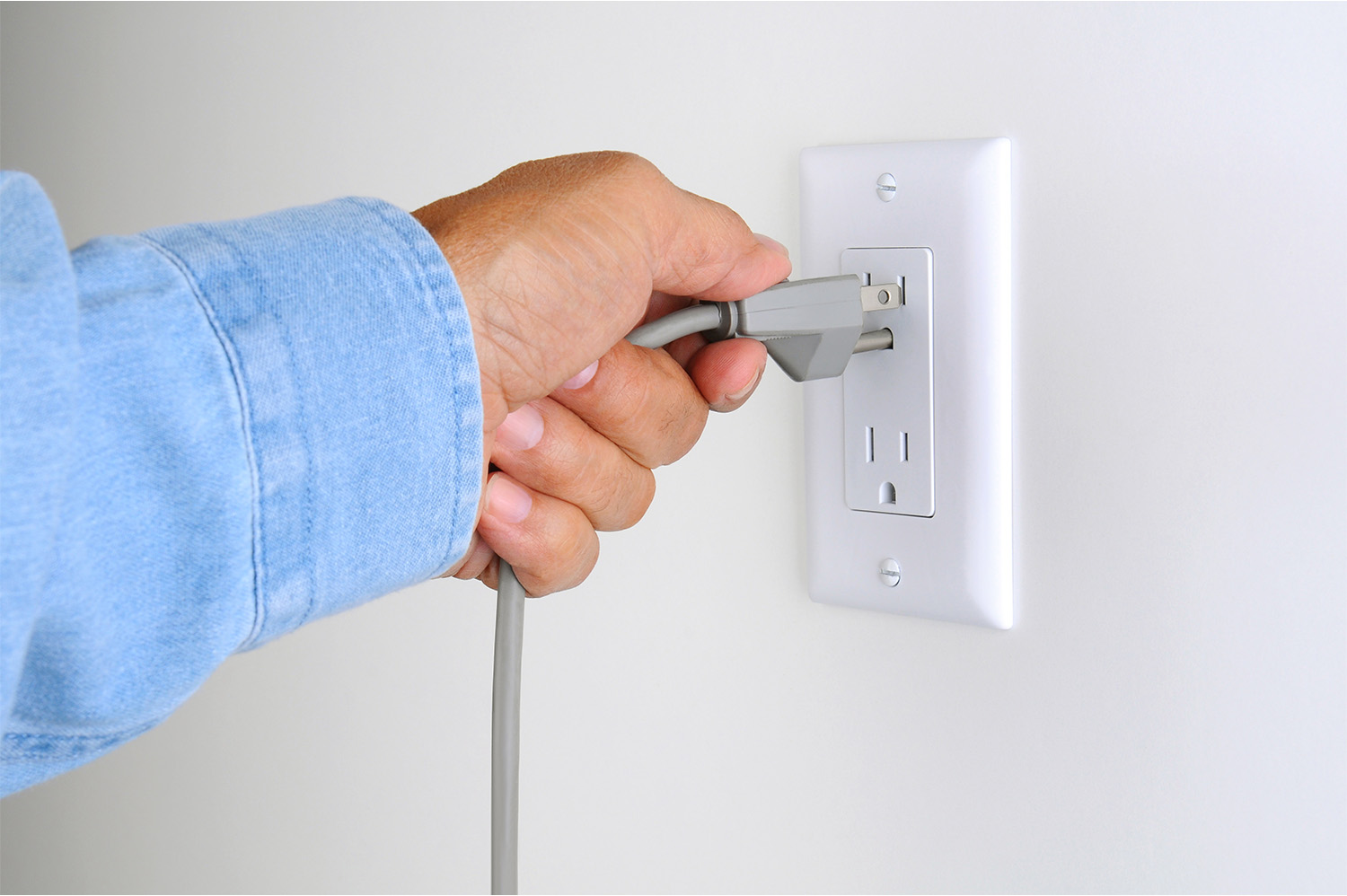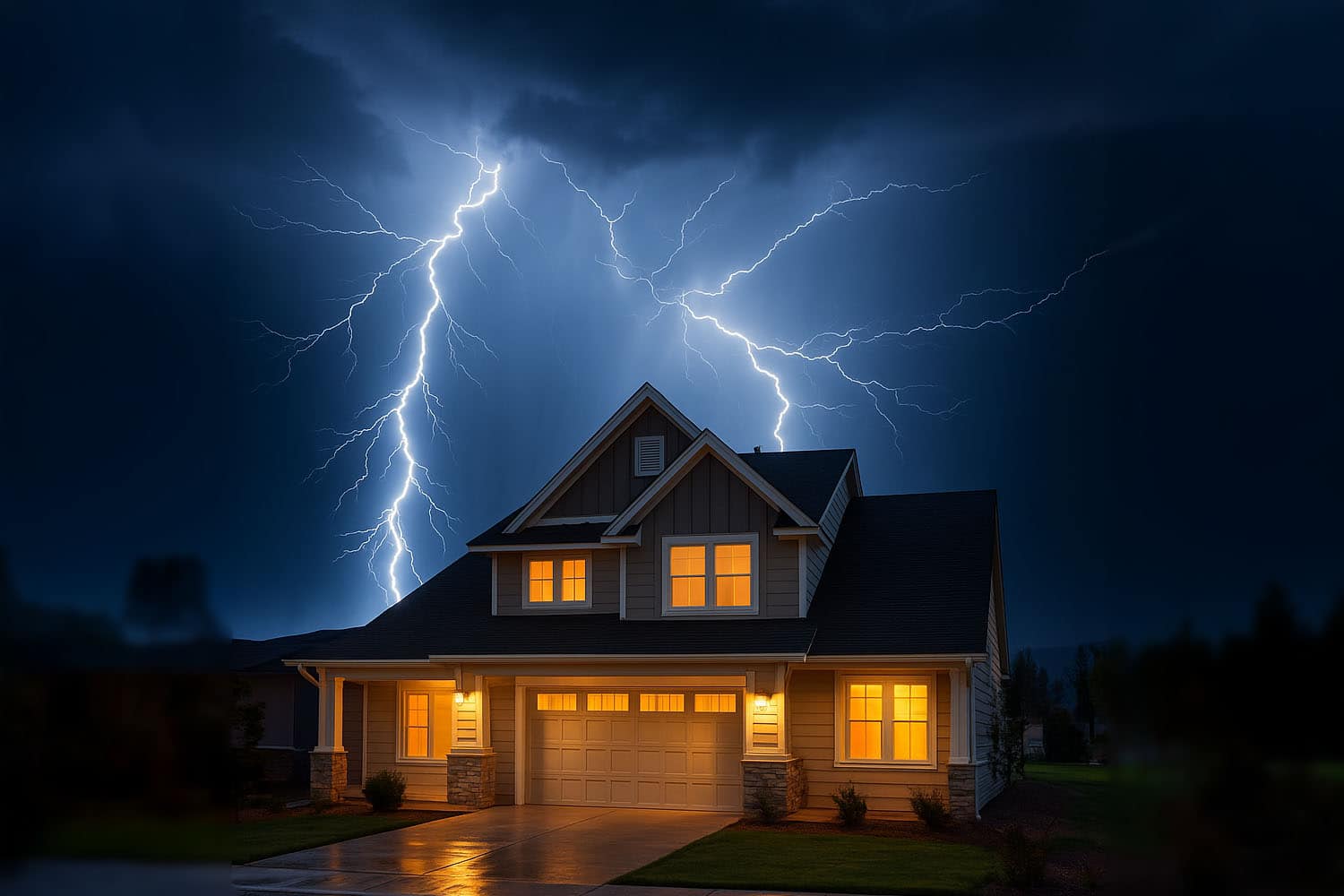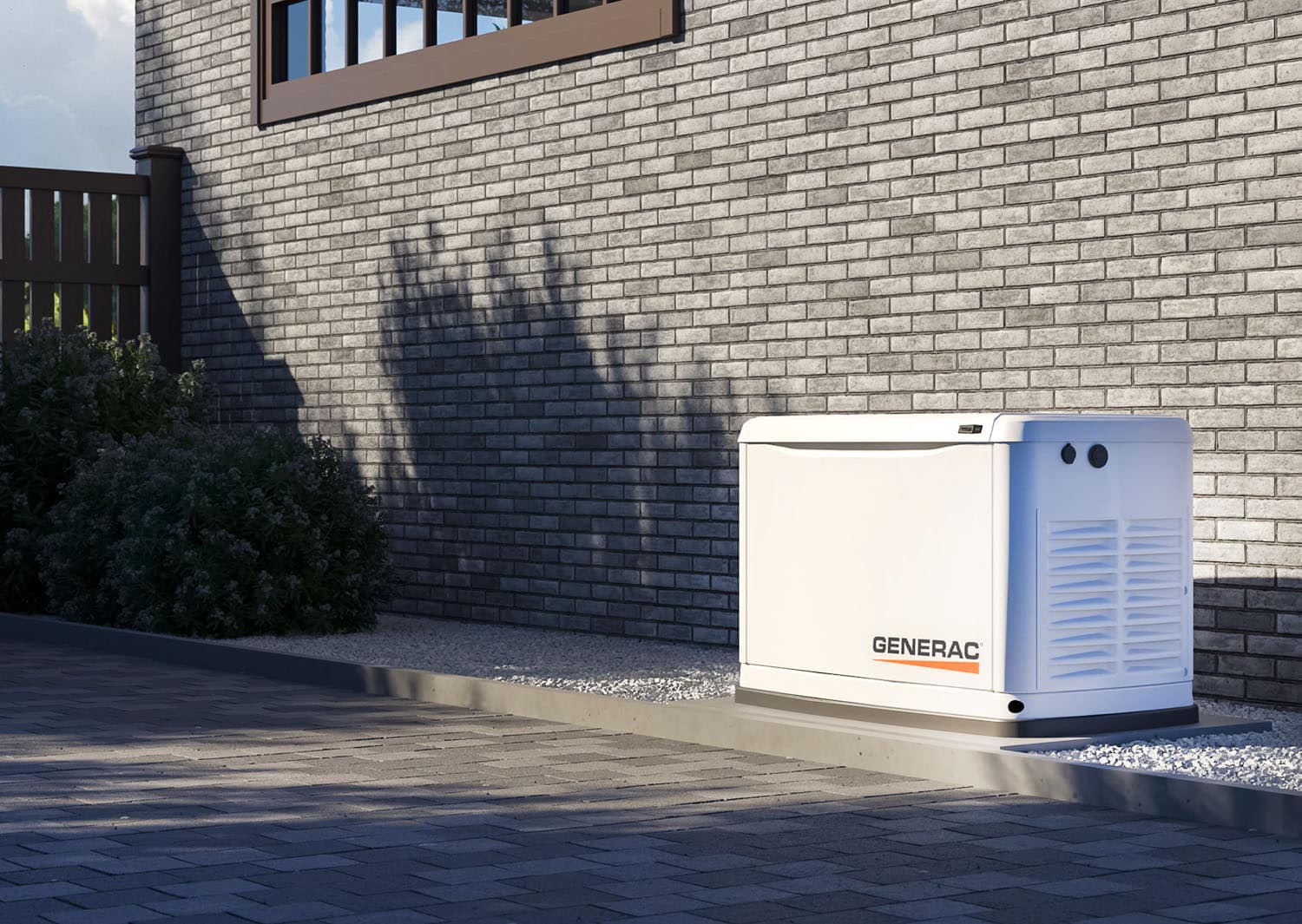
7 Home Electrical Myths – Debunked
Covered In This Article:
For Speck Family Electric, it’s crucial to clear up myths about electricity in order to keep your family and home safe. Here are seven common household electrical myths – debunked!
Myth 1 – Only Old Wiring Can Go Bad
A popular myth is that only old wiring can go bad. The big problem with this myth is it encourages those who live in newer houses to feel more comfortable with their wiring.
The truth is that any wiring can go bad at any point. Sure, older homes could have old wiring that has been worn down and needs to be replaced, but newer homes aren’t exempt from wiring problems. All wires are subject to being overloaded or affected by chewing rodents, and these can lead to accidental fire damage. You should regularly check outlets and appliance cords to ensure they don’t have any damage.
Myth 2 – All Live Wires Will Spark
Many people are under the impression that if a wire doesn’t spark, then it isn’t live – meaning it’s fine to touch. Please, if there’s anything you take away from this post, let it be this. Even if a wire doesn’t spark, it could still mean it’s live, and you should absolutely not touch it. This includes wires that fall and touch the ground. Even if a wire doesn’t have a spark, treat it as if it did!
Myth 3 – The Bottom Pin on Plugs is to Help it Stay in Place
A rather common home electrical myth: some people think the pin located on the bottom of your plug between the two main prongs is there purely to help secure the plug into the wall. While this ground pin can often make your plug connection more stable, the truth is it isn’t a useless feature. In fact, it’s actually a crucial safety feature.
As mentioned above, that bottom pin is called the “ground pin.” It connects your device to what is known as a “ground circuit.” A ground circuit is a pathway where electrical devices can safely dump extra current and voltage in the event of a short or a power surge. A surge can cause wires to overheat, lines to melt, and fires or injuries to occur. But with a ground circuit, the extra energy flows through this line, keeping you and your home protected.
Myth 4 – Electricity Can’t Harm You if You’re Grounded
You might’ve heard someone say that if you don’t want electricity to hurt you, you should stay “grounded.” But being grounded doesn’t mean that you’re protected from electrical currents. In fact, being grounded is the precise reason why electricity can harm you. The electrical grid is a grounded system, meaning current flows to the ground, and it usually uses any path to the ground that it can find. This means the current can also pass through you before making its way to the ground. So, even if you’re on solid ground, you need to be careful.
Myth 5 – Rubber and Wood Will Keep You Safe
If you like working on DIY home electrical projects, you may pull on your rubber gloves to keep yourself safe from shocks. And while it’s true that pure rubber is a fantastic insulator, there’s a good chance your rubber gloves aren’t pure rubber. Many rubber products nowadays are made with additives that can compromise insulation. These additivities can even act as conductors, which puts you in more danger.
And while wood is often a good insulator, it can quickly become a conductor when wet. If you’re using a wooden ladder to do electrical work, especially outside, ensure it isn’t wet to avoid electrical risks.
Myth 6 – Turned Off Appliances Don’t Use Electricity
This is likely one of the biggest misconceptions about electricity. Even when you’re not using your TV, microwave, lamps, and computer, they still use energy. Plugging in your appliances when you’re not using them is called “stand-by” or ghost consumption. In some cases, there are some items that consume practically the same power as they do while on stand-by mode. If you’re looking to prevent ghost consumption and reduce your energy costs, ensure you unplug appliances when they’re not in use.
Myth 7 – GFCIs are Unnecessary Luxuries
Another more dangerous home electrical myth is believing GFCIs (ground fault circuit interrupters) are luxury items you don’t need in your home. The reality is – GFCIs are lifesavers.
GFCIs are designed to guard people against electrical shock. They do this by monitoring electrical current, cutting power or “tripping” when the outlet detects an imbalance or excess current flow down an unintended bath. GFCIs are super-sensitive and have a far faster response time than a circuit breaker or fuse. They are designed to respond before electricity can affect your heartbeat. These outlets are, in fact, necessary, and nowadays are required by code in moist or wet locations of the home. If you’re in an older home that doesn’t have them, it’s in your best interest to have an electrician come out and install them around your home.
Speck Family Electric is Here to Keep You Safe
It’s essential to know the facts about home electrical myths so you and your home can stay safe. If you have questions about electricity or have electrical service needs, Speck Family Electric is here to help. Whether it’s electrical repairs, lighting installation, or a whole house surge protector, we promise to complete the job with your safety and the safety of your home in mind. After all, our experienced team takes pride in performing reliable electrical services and getting each job done safely and efficiently.
Share this article
Follow us
Latest articles
June 17, 2025
February 10, 2025





